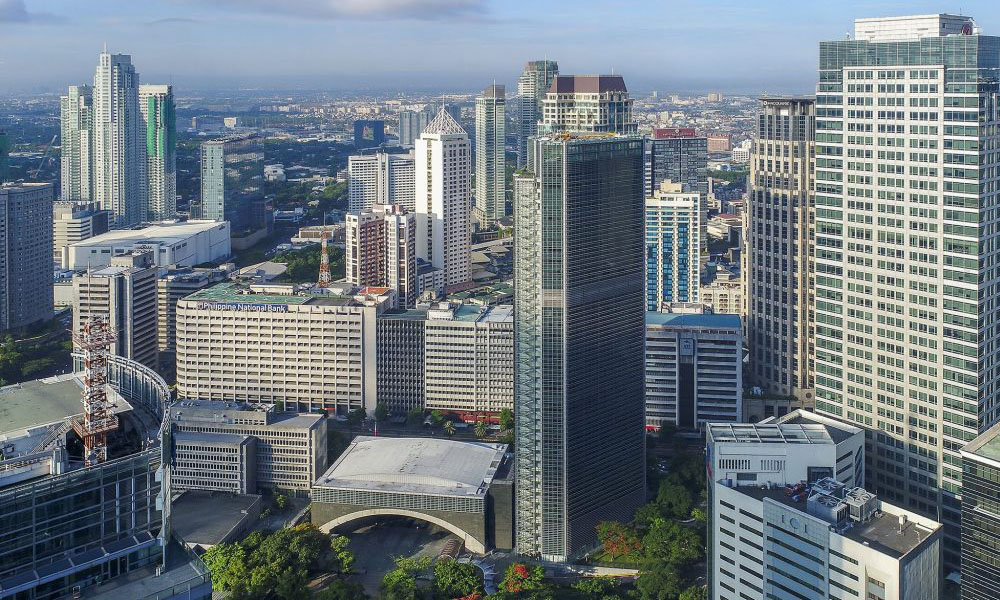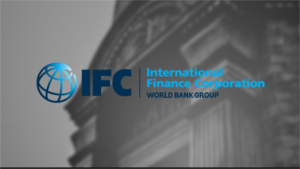Menu
Startup Independence
- Negosyante News
- June 14, 2020
- 8:47 am

As Independence Weekend draws to a close, we can step away from celebrating the events that brought us to where we are, and look forward to the many opportunities, challenges, and issues that still remain; continuing to challenge our various notions of “independence”. What is this word that we continue to celebrate? Independence to an adolescent means being able to stand on your own two feet, to support yourself as an adult as your own person. Independence for a startup is much the same- the ability to stand on your feet and compete within the market, to be a functional member of the economy. Easier said than done, right?
The startup scene around the world has redefined a lot of the way we now do business. As evidenced by the now-famous Silicon Valley (both the actual place and the hit TV show), a lot of the game-changers in today’s markets and economies come from start-ups. Facebook, Google, and Apple are some of the largest entities in the global market, having been birthed in humble garages. The Philippines is starting to catch onto the scene, but has a long way to go.
Philippine startups have lagged behind the rest of the Southeast Asia region for some time now. In 2018, the Philippines raised a total of USD $31.3 million in deals, only about a tenth of what Indonesia managed to lock in. We also raised less than Vietnam, Malaysia, and Thailand. What’s keeping the Philippines from keeping pace with the region?
According to Minette Navarrete, president of the largest venture capital firm in the country, Kickstart Ventures, the lack of growth in the sector can be attributed to inexperience in the startup industry. A lot of what determines the early success and continued growth of a startup is the relationship they develop with investors. Navarrete went on to highlight the fact that many startups “give away too much too soon”, leading to the inability to scale once an investor stops providing funding.
This seems to be not just a measure of inexperience for startups, but for investors as well, who tend to approach startups with traditional business expectations. Anyone who’s been following the success of Silicon Valley understands that taking a startup to scale but expecting traditional business indicators such as a return on equity or dividends on the first year of operation is a recipe for failure. It is often the case that startups “burn” cash for a number of years before becoming profitable.
Local investors are few and far in between, and those that understand what it takes to bring a startup to scale are an even rarer breed. All in all, there are less than a hundred VCs and angel investors in the country. A common adage in Silicon Valley is that to secure one investor, you need to talk to at least a hundred. A bit difficult to do in the Philippines when there are less than that number to begin with.
In the case of the Philippines, the majority of investments (47%) are in the FinTech space. While this looks promising for those in that particular space, it speaks on the narrowness of the startup space, and doesn’t bode well for startups looking for investors in other industries.
Regulation and national support has also been historically lacking in the Philippines, although this has changed with the introduction of the Innovative Start-up Act which was signed in April of 2019. While the IRR has yet to be implemented, this marks a promising sign moving forward. Most notably, the Start-up Venture Fund mimics the tactic which has proven massively successful in Singapore- government matched funding.
While there seems to be several barriers to entry for a startup in the Philippines, it’s not all bad news. Interest in the Philippines is starting to pickup, with several accelerators, incubators, and funds cropping up around the nation. The Philippines has a skilled labor pool, fluent in English, and is the most digitally active country in the world. Several startups such as coins.ph and PayMongo have shown that success is definitely possible- perhaps with a more robust ecosystem in place, more and more startups will attain that ultimate goal of independence.
#Top Tags COVID Covid-19 Technology Finance Investing Sustainability Economy

Subscribe to Our Newsletter and get a free pdf:




















Comments are closed for this article!